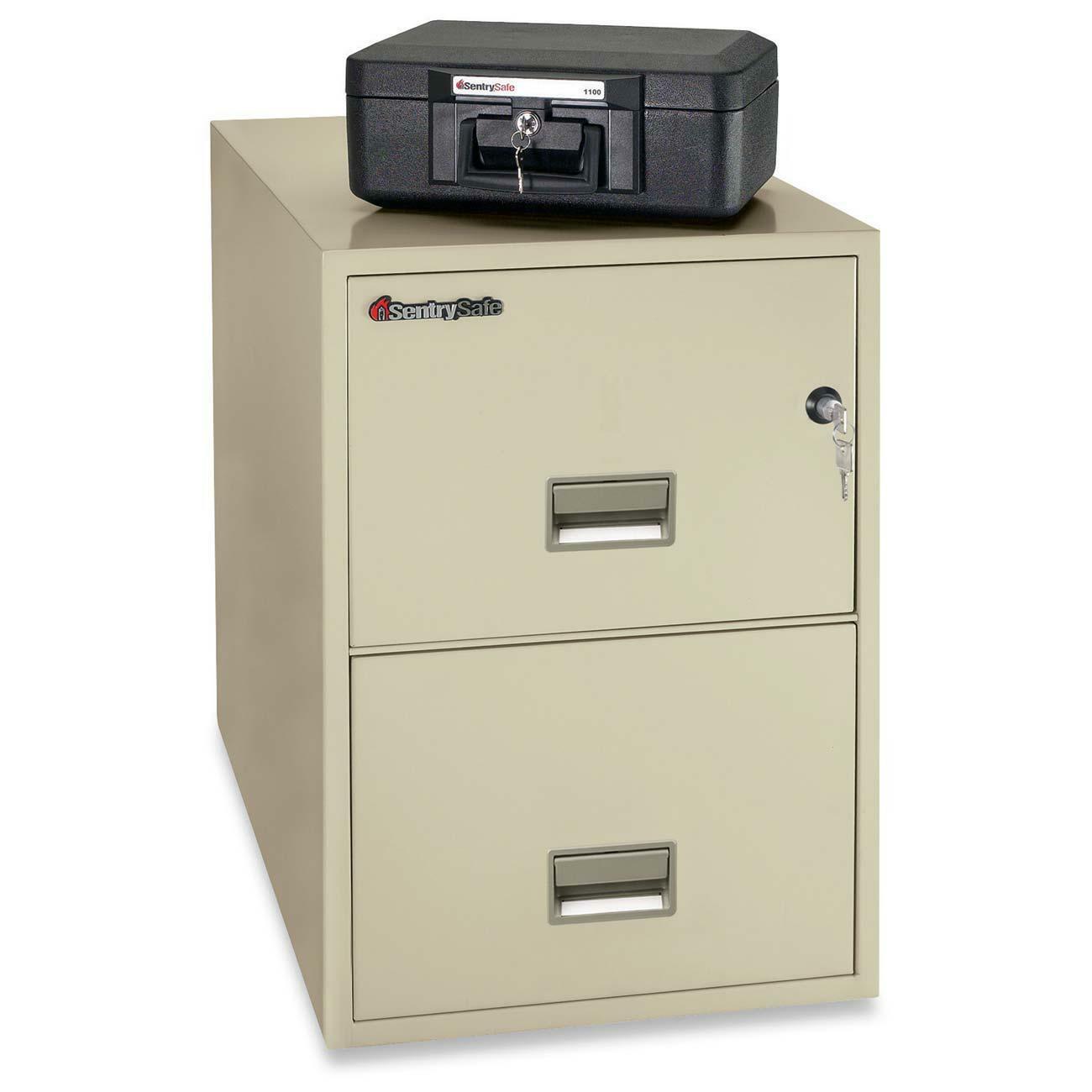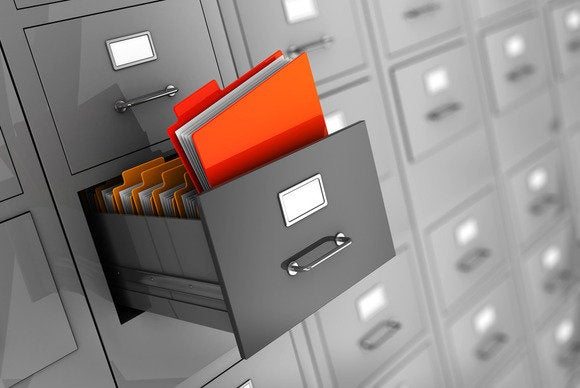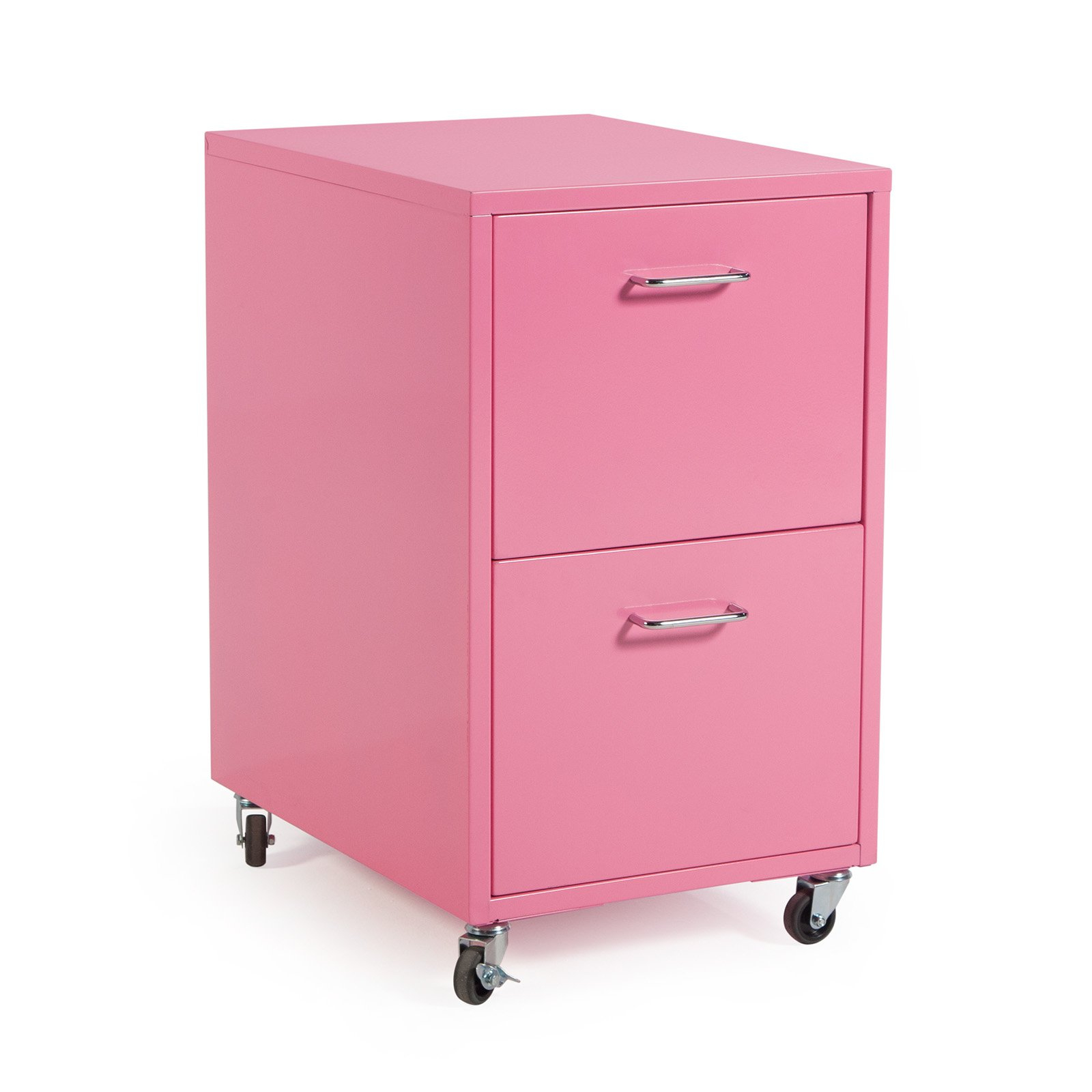

A recent SCORE Webinar, ‘What Small Businesses Need to Know About Cybersecurity,’ touches on the back-up and recovery of sensitive documents. If you do decide to store these documents electronically, it’s critical to the safety of your business that you protect your information with trusted, proven data security. Maintain your electronic records for a minimum of three years – more if your business owns property, has employees, or has any inaccurate filings from the past. Paper or electronic transaction statements should be filed and stored for at least three years after the filing of the transaction’s tax season.Ĭontracts or legally-binding documents should be stored for the life of the contact, and for years after in the event that those documents need to be revisited. If you’re like many businesses and prefer to maintain your records and documentation electronically, you can keep these documents on a server or on the cloud.īank or credit card statements or other similar transaction statements are your back-up documentation to most, if not all, of your payables. Not every business record requires you to maintain a physical paper trail. Three Types of Tax Documents to Store Electronically Maintain hard copies of all state and local licenses that are required for you to operate your business. Maintain a copy of both letters and forms indefinitely. S-Corp Acceptance Letters and Form 2552.It’s critical to maintain all partnership or LLC partnership agreements, and any amendments to those agreements, in hard copy for life of the partnership. Store your employee records, payroll reports, and other similar employee record documentation for a minimum of seven years to be safe. Small businesses that file as an S-Corp or Partnership need to hold onto schedule K-1 documentation for a minimum of six years to show evidence of partnership shares. Small businesses should store 1040 forms and any other supporting documentation for a minimum of three years. The following documents are those you’ll want to keep literal tabs on – print, file, and store these six tax documents every year. Store Paper Copies of These Six Tax Documents The guide below will help you better understand the latest requirements and break down which documents you should store, which you can shred, and which belong under lock and key. Tax rules pertaining to financial records seem to change every year.

So, Which Tax Documents and Business Records Should Stay, and Which Can Go?
Filed documents electronically and in filing cabinet full#
So, hang onto your tax returns and all supporting documents for at least seven years, if not longer.įor the full breakdown of federal tax documentation requirements based on your unique business needs, go to the IRS website and read through their page on how long to keep tax records. The period of limitations – the period of time you have to amend your tax return – expires three years after a return is filed. The IRS can audit your return for up to seven years after you file if they suspect tax filings were made inaccurately or if you claimed a deduction on a bad debt. How Long Should a Small Business Hold onto Tax Documents?

Understand which documents are safe to shred.Know how long to store your tax documents.Properly Storing Your Tax Documents Comes Down to These Four Keys to Success Or, even worse, they become overwhelmed and throw away important information. Navigating tax document requirements is notoriously complicated and is often unchartered territory for a small business.Īs a default, many business owners end up unnecessarily saving every last receipt for years and years. Some of the more challenging records to manage are your business’ tax documents and all of the supporting paperwork that comes with them. As a small business owner, you have a lot of paperwork to keep track of – everything from business licenses, employee records, corporate lunch receipts – the list goes on. If your filing cabinet is bursting at the seams, you’re not alone.


 0 kommentar(er)
0 kommentar(er)
